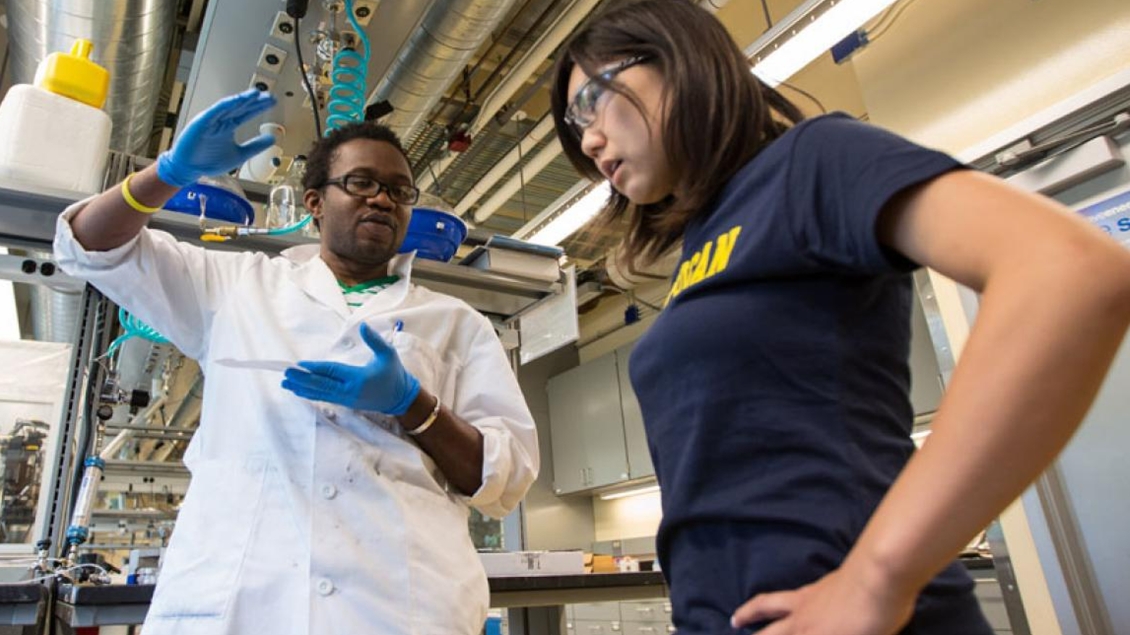
Answers to questions you may have about the U-M PREP research education program.
Up to 11 U-M PREP Scholars are chosen each year, including one Biomedical Engineering aspirant and one MD/PhD aspirant.
The U-M PREP scholar salary will be $33,000.
Yes, U-M PREP scholars are eligible for the same benefits as U-M faculty and staff.
Yes, U-M PREP scholars may use up to $1,500 for travel to a domestic scientific meeting or conference where they are presenting.
Yes, U-M PREP provides incoming scholars with a $2,000 relocation allowance to assist with moving expenses.
Apply to U-M PREP! We have one spot for an MD/PhD aspirant.
Starting the program on July 1 gives U-M PREP scholars an advantage in spending more time in their lab, gaining research experience in preparation for graduate applications in the fall. However, we can make exceptions on a case-by-case basis, with approval from the program director.
No, your baccalaureate degree must be conferred by July 1 of the year you apply to PREP. If your degree is conferred after this date, you will have to wait until the following year to apply.
Ann Arbor is a unique community where myriad cultures converge to create a distinctive dynamic. It’s a great place to visit, and an even better place to live. The city's reputation for comfortable living is backed by a variety of rankings and housing options. The cost of living in Ann Arbor is usually quite close to the national average. Review the current cost of living in Ann Arbor or use Sperling's Best Places Cost of Living comparison tool to see how much more or less expensive life in A2 will be. For more information about housing in Ann Arbor such as resources to help with your move, neighborhood profiles, and more, visit Our Community.
Yes! There are over 50 PREP programs in the country, including at the University of Michigan, and we highly encourage you to apply to as many as you would like. There is no application fee.
Yes, you can use your previous materials from the same year’s application. If you would like to use your PIBS materials, please email [email protected].
There are over 500 affiliated faculty in the Biomedical Sciences whom our scholars can choose to work with. Scholars are welcome to contact prospective mentors at the University of Michigan. We have faculty members in the University of Michigan Medical School, College of Engineering, College of Literature, Sciences, and Arts, and the School of Dentistry. We welcome new mentors as well as new scholars into U-M PREP each year!
Definitely not. We only accept applications from people interested in doctoral studies in the biomedical sciences or in related engineering, chemistry, medicinal chemistry or cognitive neuroscience PhD programs. with or without an accompanying professional clinical degree (e.g. MD/ PhD programs/DDS/PhD or DVM/PhD). There are programs at the University of Michigan and many other universities for those interested in post-baccalaureate pre-med or pre-dentistry programs.